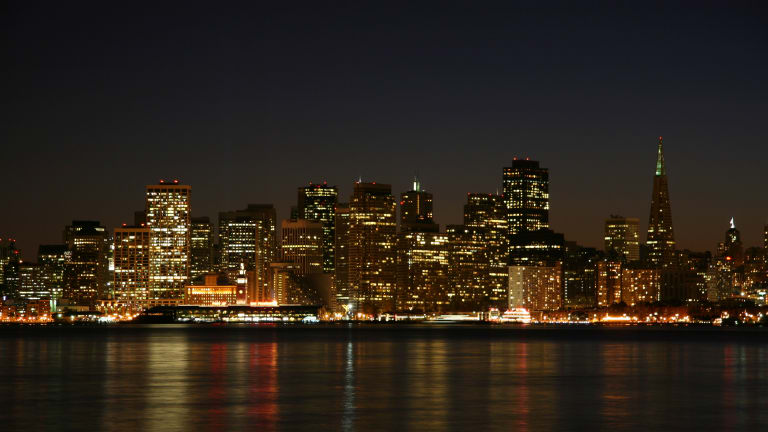Urbanization
Doesn’t it make you think about the human drama associated with all those changing numbers? As the population of London exploded and receded, followed by New York as the fledgling United States grew in the generations that immediately followed, it’s hard not to think of all those young people, some deeply in love, carrying with them their unique mixtures of hope, worry and desperation, as they made their way to these sites of economic boom.
Now we have a huge trend towards greater urbanization, driven by job opportunities that are increasingly specialized, and unrelated to farming, which has largely been addressed with agribusiness and 21st Century technology. Of course, this brings with it its own set of issues: public health, urban planning, smart-grid, public transportation, and all the rest. Also, high population densities are less conducive to distributed energy generation, as rooftop area per capita continues to shrink.
Fun fact: 22% of all gasoline combusted in cities is used by people looking for parking spaces. Thus, here’s just one new app: parking meters that tell smart phone users when they’re unoccupied.
Look for thousands of good ideas like this one as the years go by.

 Here’s a
Here’s a
Craig,
You are correct hman ingenuity is indeed boundless, although I’m not sure how an app telling you about a parking space would be useful.
Many idea’s which sound really good to the inventor, lack practicality. The parking app could even be detrimental and create chaos as multiple motorists headed for a space, only to discover it was just taken.
Perhaps the most concerning aspect of urbanization and new technology is the way it further divides and isolates modern society into different factions and economies.
The feeling of local loyalty, belonging to a community, the power of belonging and being responsible disappears as the tech savvy urban and suburban affluent live more and more isolated from the old economy.